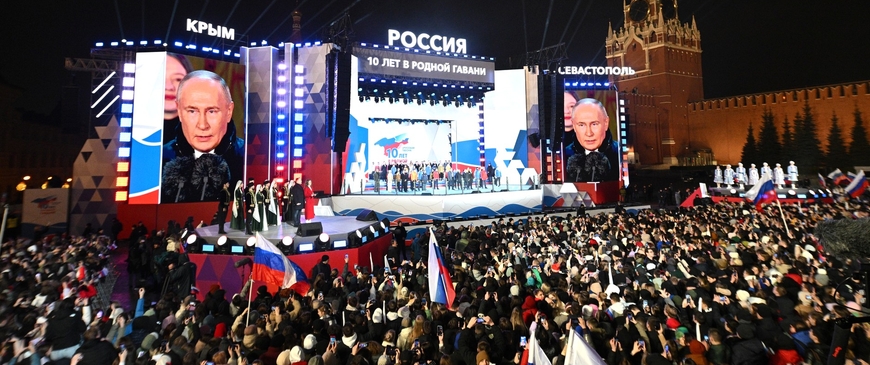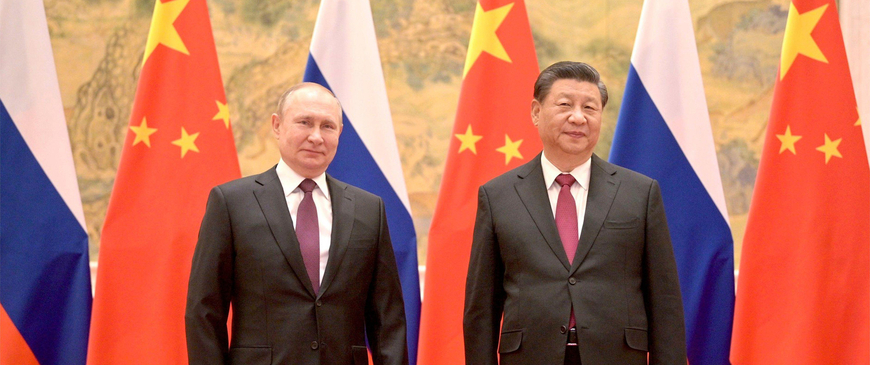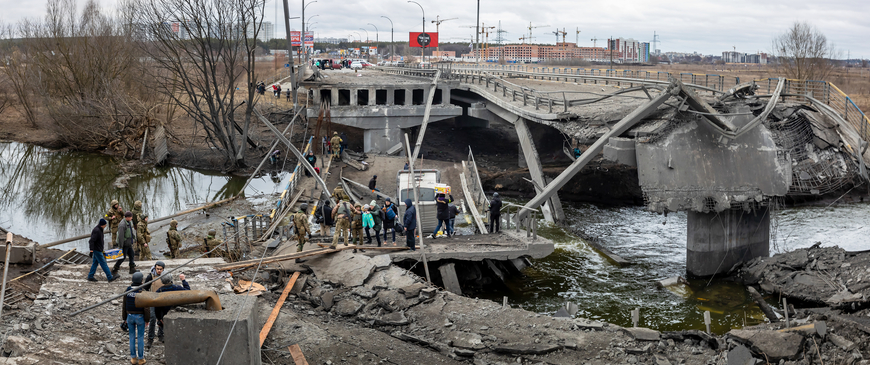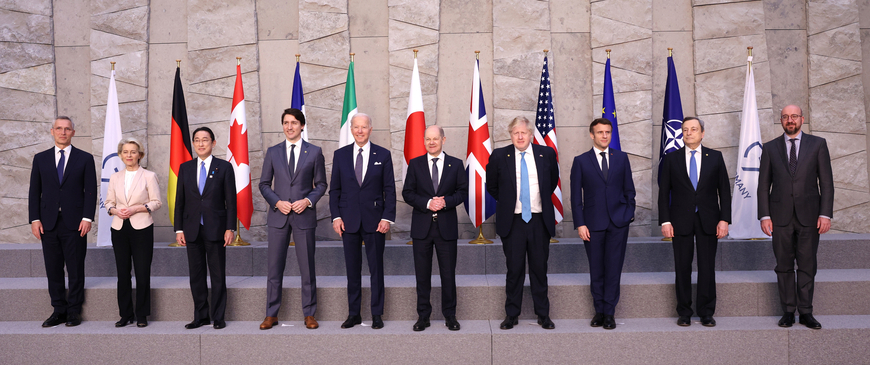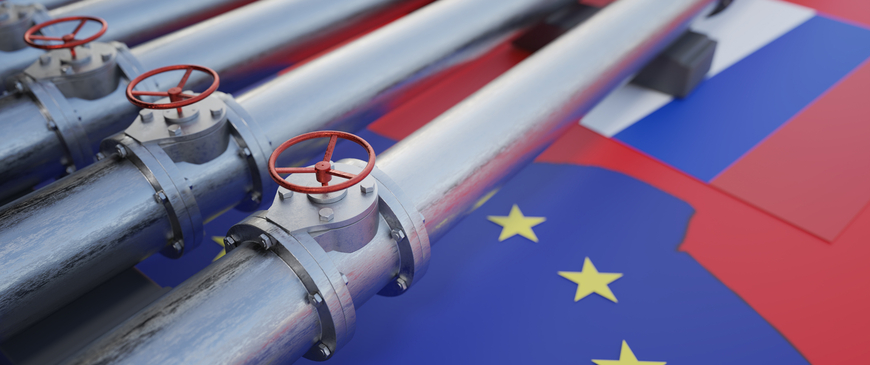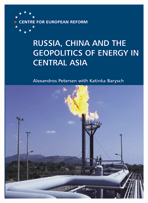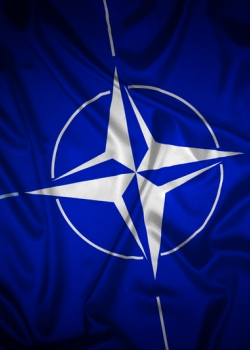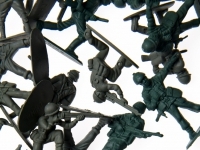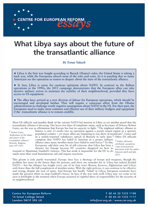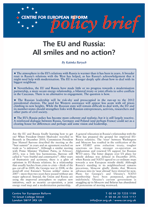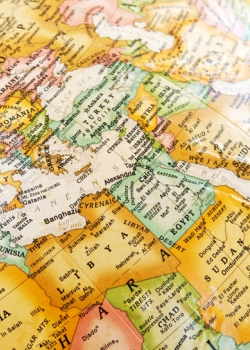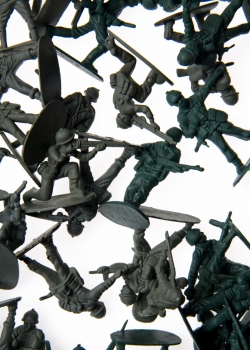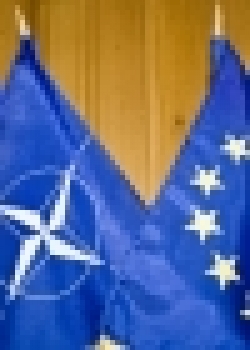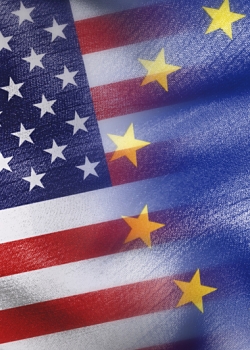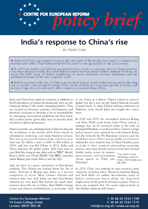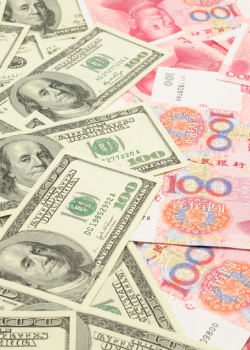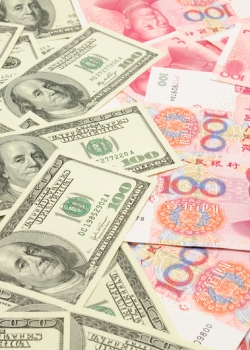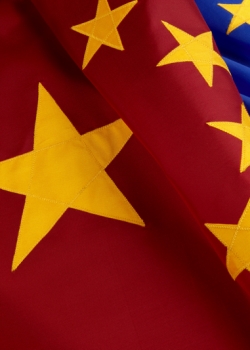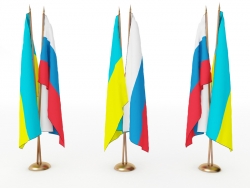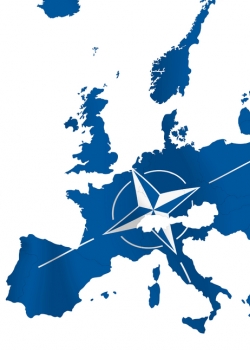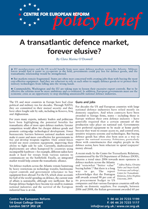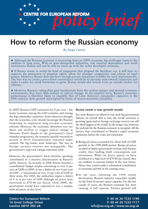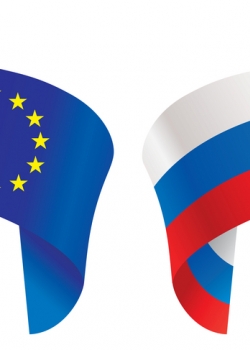China & Russia
The eurozone and the US: A tale of two currency zones
21 November 2011
The US and the eurozone are very different monetary unions. These differences explain why financial markets are picking on the eurozone and not the US.
Russia, China and the geopolitics of energy in Central Asia
16 November 2011
China is challenging Russia's traditional dominance over Central Asia's oil and gas. The EU can help the Central Asian countries to prevent losing out in a new 'great game'.
What Libya says about future NATO operations
26 August 2011
In Libya, the Europeans have for the first time responded to Washington's calls to assume responsibility for their neighbourhood. This should be cause for cautious optimism about NATO.
Race to the bottom
24 August 2011
For decades, European countries cut defence budgets with little worry. The United States kept enough troops on the continent to deter all potential enemies, almost irrespective of how small European militaries became.
What Libya says about the future of the transatlantic alliance
29 July 2011
Libya is the first war fought according to Barack Obama's rules, with the United States taking a back seat. The Europeans responded well: by taking decisive military action to maintain the stability of their neighbourhood.
The EU and Russia: All smiles and no action?
18 April 2011
The relationship between the EU and Russia has been warmer than it has been for year. Yet there has been little progress on a new bilateral treaty, an energy dialogue, the new modernisation partnership or security co-operation.
Turkey, the EU and the Mediterranean uprisings
16 March 2011
The revolts in Tunisia, Egypt and Libya have brought home to many people that Turkey has become a force to be reckoned with in this region. Turkey enjoys lots of credibility in the Arab world. It has burgeoning trade ties and solid political relations with many Middle Eastern and Mediterranean countries.
What cuts in US defence budget will mean for the transatlantic alliance
15 March 2011
The US defence budget seems set to fall as Washington begins to restore order in its finances. Spending on the military has reached such heights – $700 billion, or 20 per cent of the US federal budget – that it has become too large for deficit-cutters to ignore.
What should NATO’s new strategic concept say about Russia?
09 March 2011
Since the fall of the Berlin Wall, NATO has strived to reduce mutual suspicions with Russia and to build a more co-operative relationship. So it is vexing that 20 years on, Russia continues to view NATO as a hostile alliance.
The midterm elections, Europe and US foreign policy
01 October 2010
Though Barack Obama remains popular in Europe, he has his detractors there, particularly among foreign policy professionals.
India's response to China's rise
17 August 2010
The US-China 'reset': An opportunity for the EU
02 August 2010
Europe faces few bigger questions than how to handle China. Recent shifts in the Washington-Beijing relationship, together with changes in the EU itself, give the Europeans a chance to rethink their own relations with China.
In 2008 and 2009 China's foreign policy became more assertive. Deng Xiaoping's advice to his fellow...
In 2008 and 2009 China's foreign policy became more assertive. Deng Xiaoping's advice to his fellow...
Issue 73 - 2010
30 July 2010
- The US-China 'reset': An opportunity for the EU, Charles Grant
- The EU must support clean energy, not dirty coal, Stephen Tindale
- A childish take on the eurozone crisis, Philip Whyte
Is China being beastly to foreign investors?
30 July 2010
When I visited China a year ago, I was struck by the strong feeling among many foreign firms there that the business environment was getting tougher. Western businessmen complained, in particular, about discrimination against foreigners.
Who is winning Eastern Europe's great game?
19 July 2010
The US is withdrawing from the former Soviet space; the European Union struggles to be taken seriously there. Does that leave Russia free to strengthen its influence in the countries around its borders? Not necessarily, for the situation in the region is complex.
Membership for Russia a step too far for NATO?
08 July 2010
There are growing signs that Russia’s relations with NATO are on the mend. Senior Russian thinkers, some close to the government, have been cautiously talking up the possibility of Russia joining the alliance, as have several western officials and think-tanks (including the CER.)
A transatlantic defence market, forever elusive?
01 July 2010
Despite close political and military ties across the Atlantic, defence markets are fragmented by burdensome export controls and government reluctance to buy equipment from abroad.
How to reform the Russian economy
01 July 2010
Russia's economy faces tough medium-term challenges: over-dependence on oil and gas, state-dominated industries and meddlesome bureaucrats.
Shale gas and EU energy security
11 June 2010
Will unconventional gas solve Europe’s energy security problem? Many EU member-states rely a lot on Russian gas; in the case of some Central and East European countries the dependence is total.
Russia and the West: Is the reset working?
01 June 2010
There are signs that Russia is becoming less antagonistic towards the West and more inclined to work co-operatively with it. Some regard this change in behaviour as proof that the Obama administration's plan to 'reset' relations with Russia is working and that the EU's continuous efforts to engage Moscow are finally paying off.

